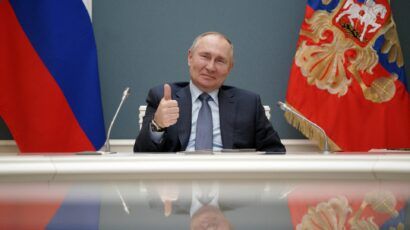Andreas Persbo, executive director, Verification Research, Training and Information Centre (VERTIC)
November 25, 2013
Over the weekend, the permanent members of the Security Council, the European Union, and Iran agreed on an historic contract. It is the first deal of its kind since the November 2004 Paris Agreement, to which it bears many similarities. This is not coincidental, as Hassan Rouhani, Iran’s president, was in charge of negotiations with the West during that time. The Geneva agreement represents a clean break with the previous Iranian administration, and is a bold attempt to reset relations with the West.
Like the Paris Agreement, which aimed to freeze Iran’s nuclear program in its nascent period, the Geneva accord applies a freeze to most of Iran’s nuclear activities in their advanced stage. Moreover, the new agreement implements a monitoring regime resembling that of the IAEA Additional Protocol. The parties have also agreed to set up a “joint commission” designed to facilitate the implementation of the accord, and to work with the International Atomic Energy Agency to resolve verification issues. In return, Iran gets some sanctions relief.
The Geneva accord is not the final say, but the beginning of a new relationship. It represents a fragile first step toward a final settlement. De-escalation takes time, months if not years, and the accord now needs space for patient, careful, and verified implementation. Iran’s nuclear file has been open for a decade. Surely, for six months forth even Iran’s staunchest opponents can afford to give Geneva a chance. There is much to gain, and little to loose.
Andreas Persbo
executive director
Verification Research, Training, and Information Centre (VERTIC), London













